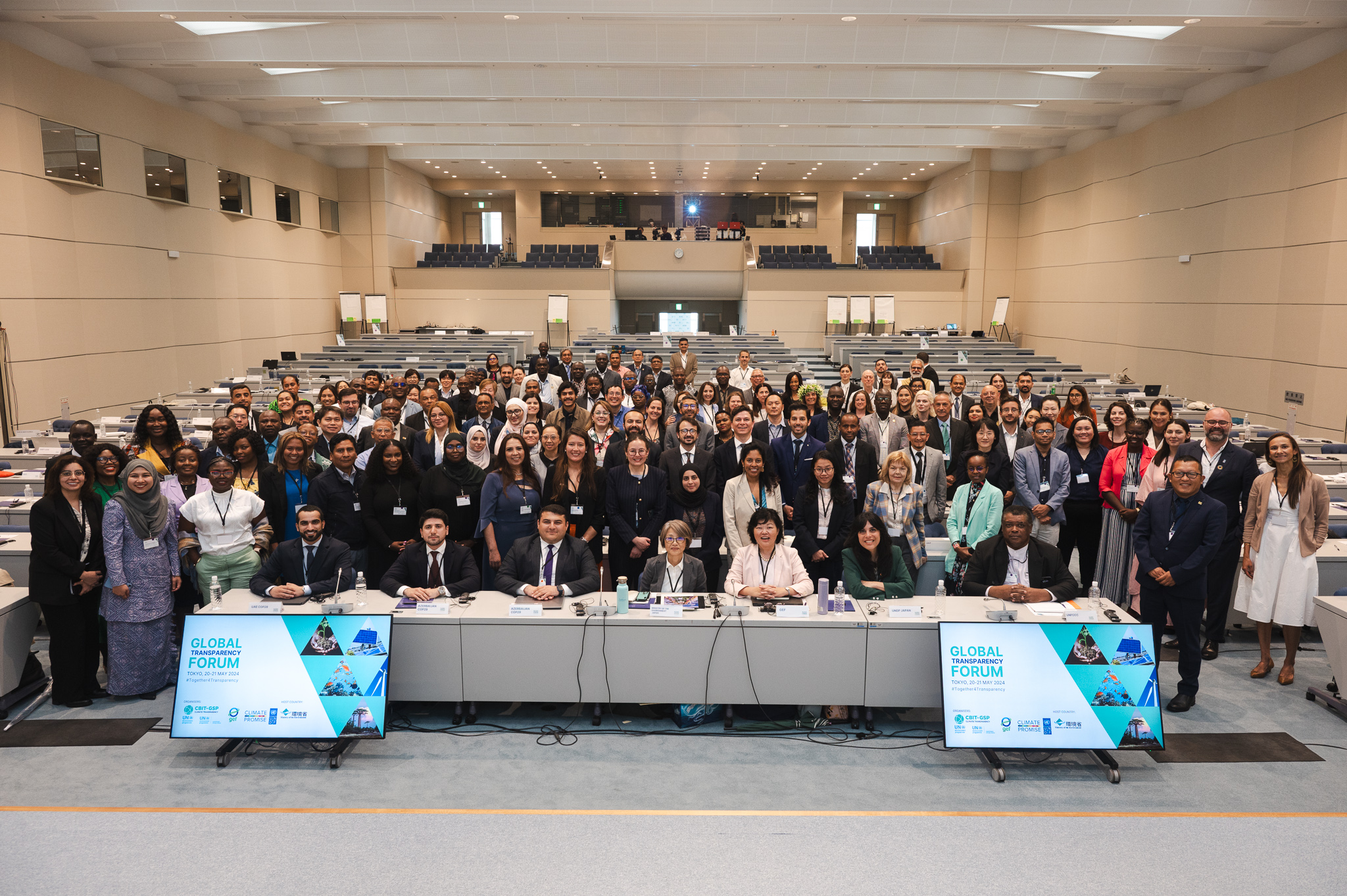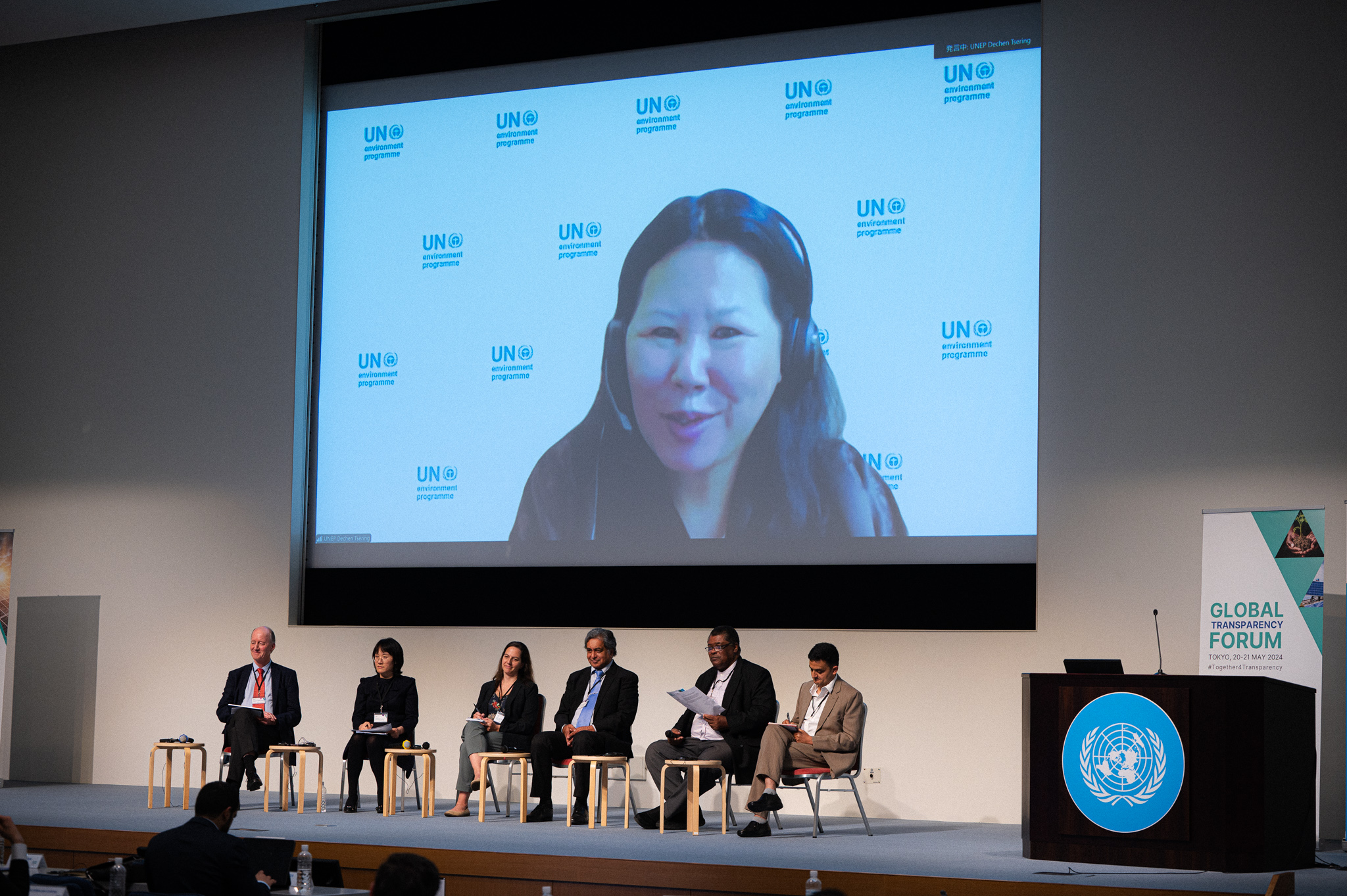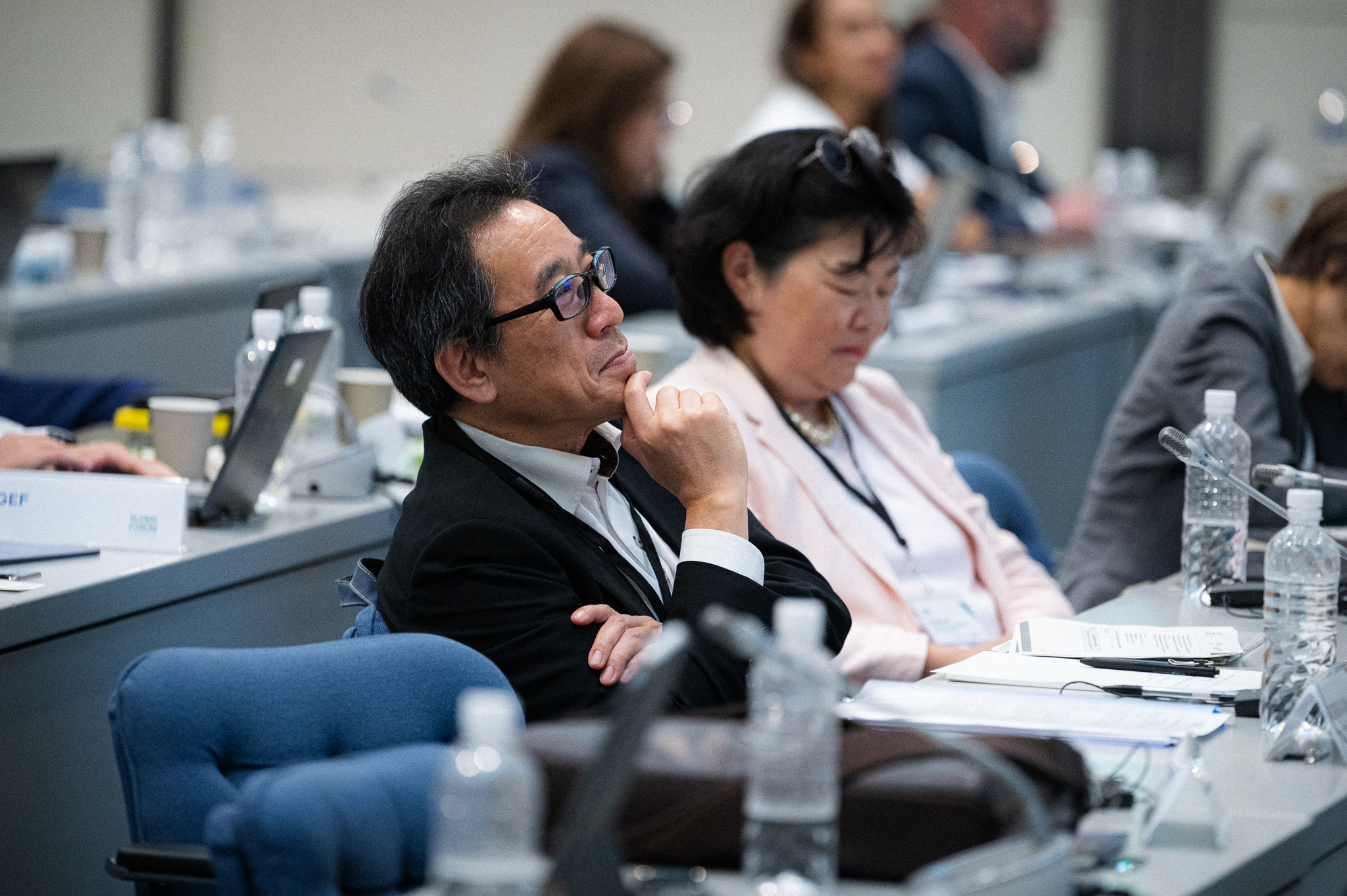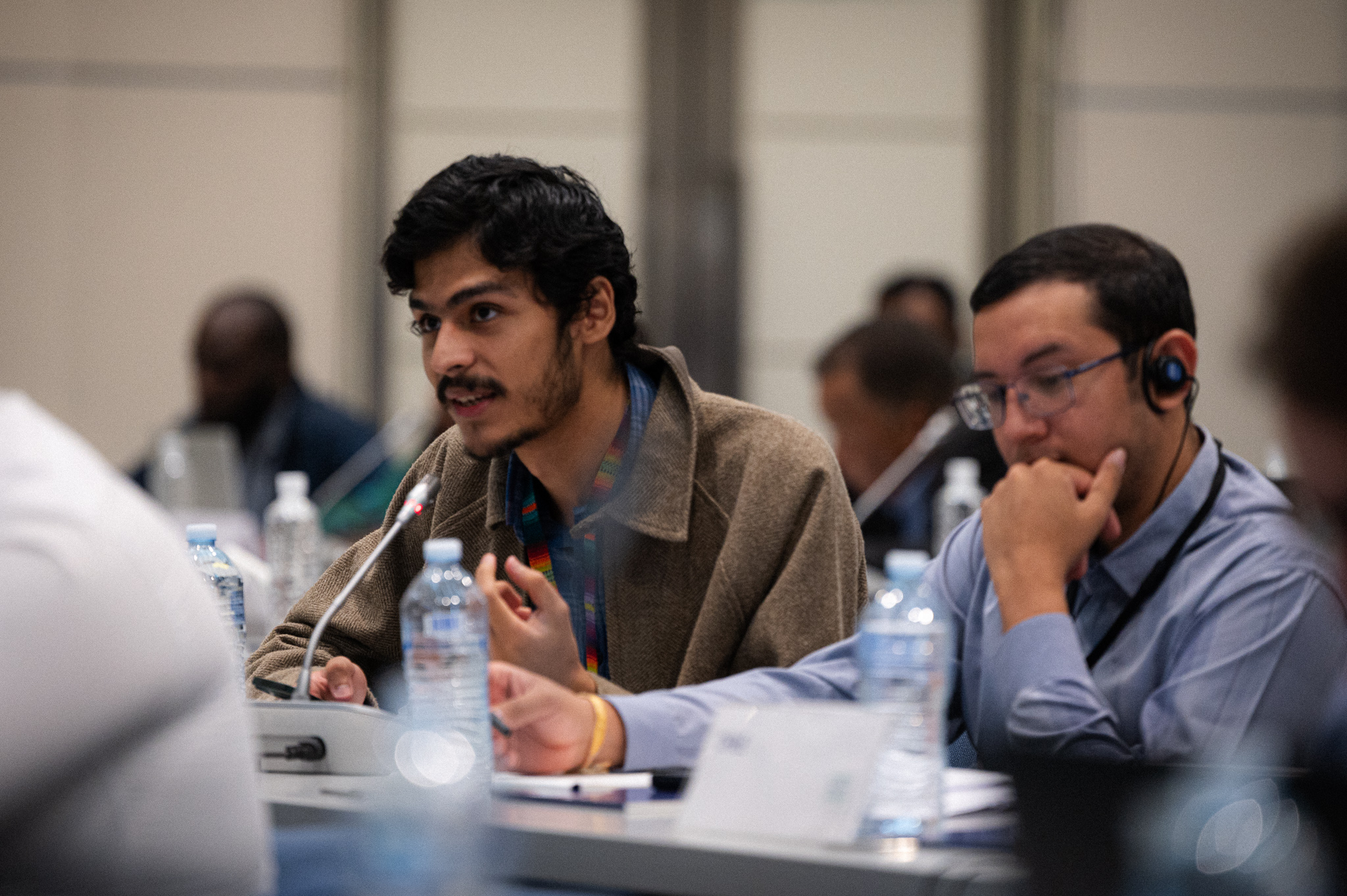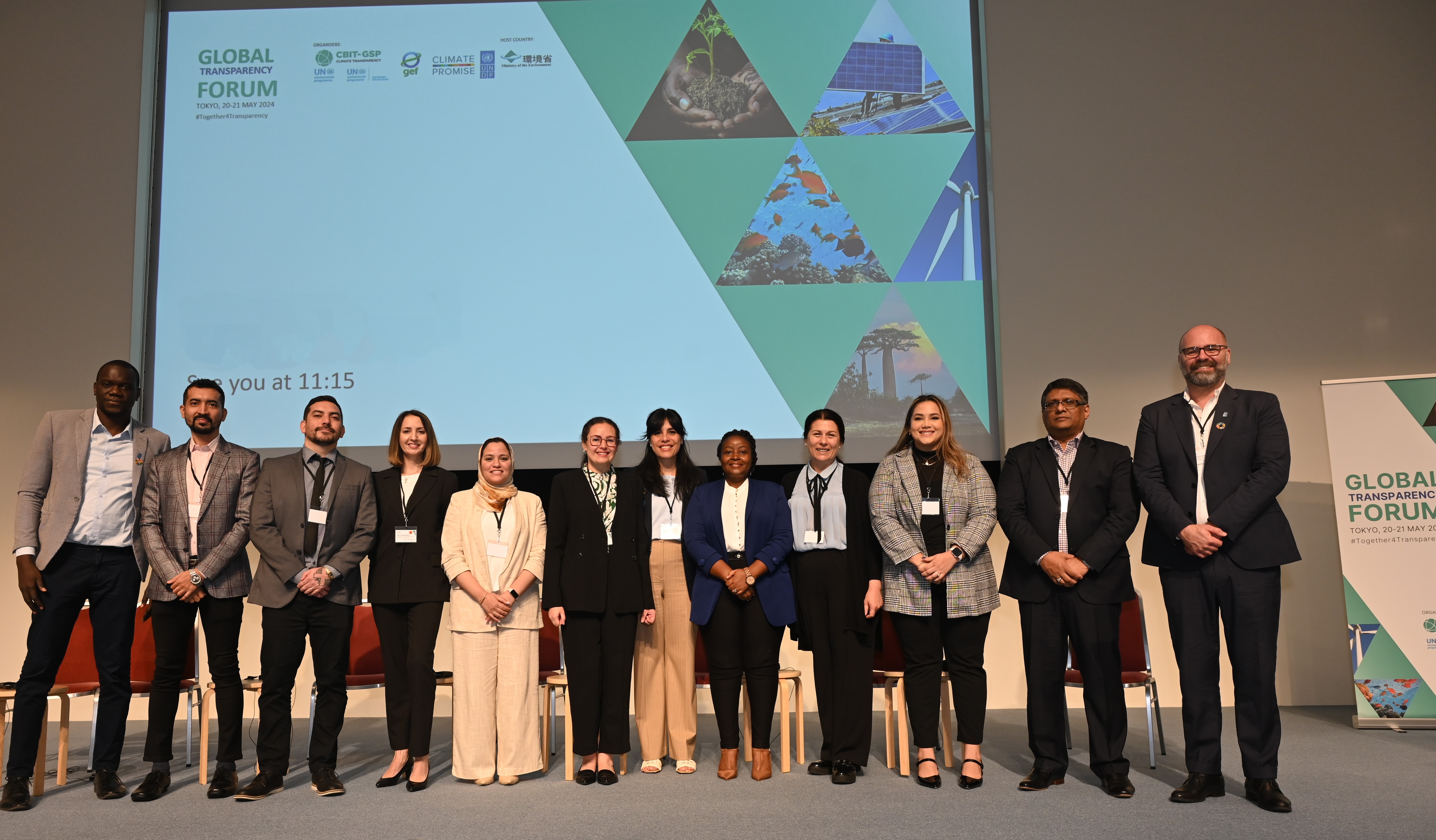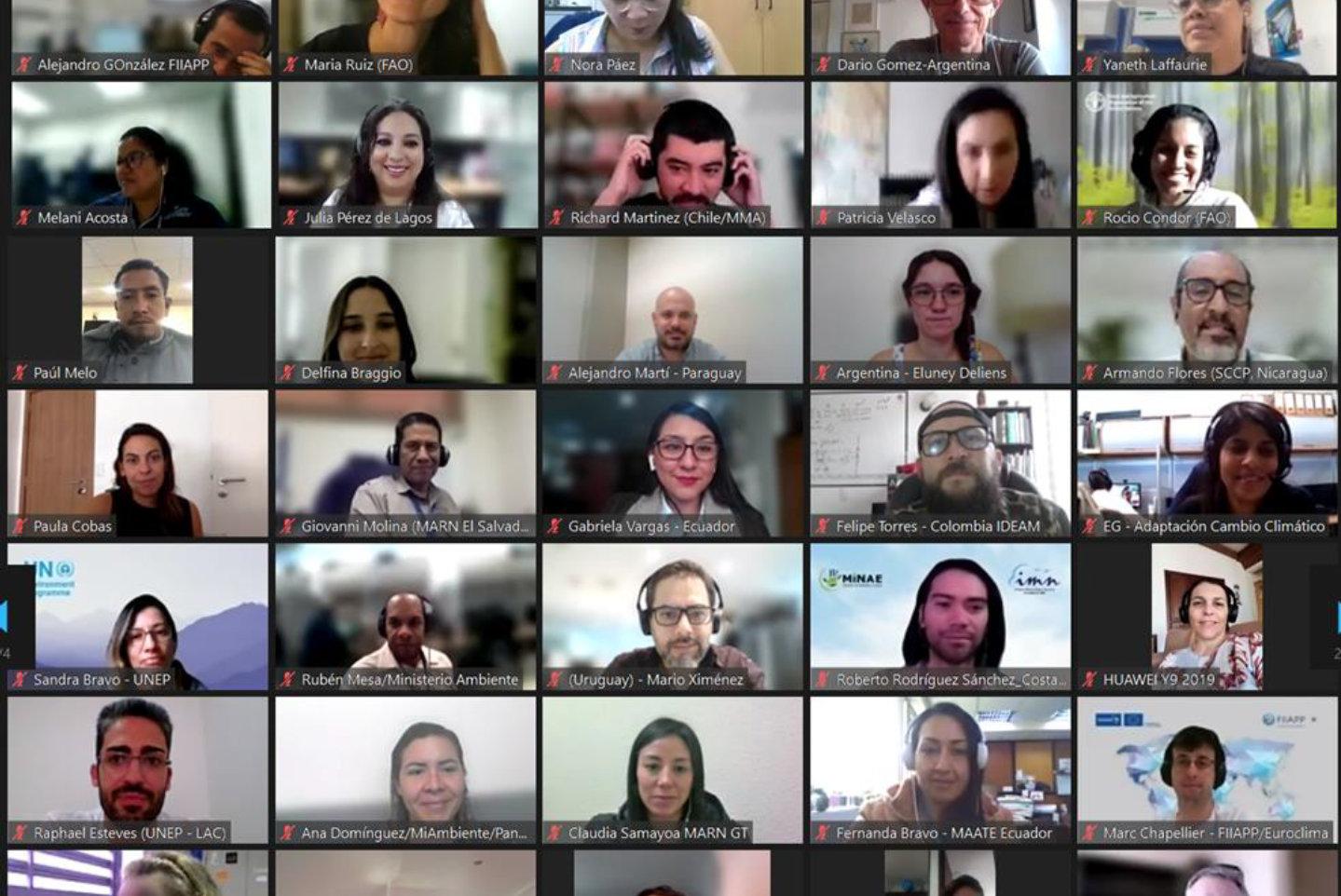In May, the first Global Transparency Forum brought together over 180 government officials, experts, and representatives from international organizations for in-depth discussions on the Enhanced Transparency Framework (ETF) of the Paris Agreement.
Held from the 20-21 May in Tokyo, Japan, the two-day Forum marked a pivotal moment in international climate policy.
Enhancing global collaboration ahead of BTRs and NDC updates
As countries prepare for the first-ever submission of their Biennial Transparency Reports (BTRs) by December 2024 and their next Nationally Determined Contributions (NDCs) by February 2025, the Global Transparency Forum served as a crucial platform for enhancing global collaboration on transparency in climate action under the Paris Agreement.
The Forum underscored the necessity of robust data and transparent reporting to build trust and drive more ambitious climate actions globally. It also addressed the urgent need for support and cooperation for the effective implementation of ETF and identified strategies for addressing challenges in this implementation.
High-level dialogue: Coordinated efforts for climate ambition
The first day of the Forum featured a high-level dialogue highlighting the integral role of transparency in tracking and boosting climate action and called for coordinated efforts to enhance transparency frameworks and climate action globally.
Opened by Yutaka Matsuzawa, Vice-Minister for Global Environmental Affairs for Japan, the high-level dialogue started with opening remarks from Elizabeth Mrema, Deputy Executive Director of UNEP followed by representatives from UNDP, the Global Environment Facility (GEF) and UNFCCC.
This was followed the COP Troika, consisting of UAE, Azerbaijan and Brazil, the hosts of last year’s, this year’s and next year’s climate negotiations.
From Yalchin Rafiyev, Lead Negotiator of COP29 Presidency, and Deputy Foreign Minister of Azerbaijan transparency was emphasized as a priority for COP29, while both Deputy Chief Negotiator Iman Ustadi from UEA and Tulio Andrade, Head of Climate Negotiations for COP30 in Brazil highlighted the significance of the COP Troika leadership for maintaining momentum for transparency and ambition.
The dialogue underscored the importance of creating synergies between the BTR and NDC processes, with BTRs providing the foundation for future more ambitious NDCs.
Identifying support, gaps and successes in ETF implementation
A large part of the Forum focused on the efforts to build capacity for the delivery of the ETF through Capacity-Building Initiative for Transparency (CBIT) projects. An overview of countries’ access to Global Environment Facility (GEF) support for transparency was presented along with insights on the progress made and remaining gaps in ETF implementation.
Six countries, Guyana, Panama, Moldova, South Africa, Mozambique, and Malaysia, shared their perspectives on their progress towards meeting the provisions of the ETF, which included Fiji’s establishment of a national database for the GHG inventory and Panama’s five sub-systems under ETF to manage GHG inventory, NDC tracking, mitigation, and cooperative approaches under Article 6 of the Paris Agreement.
The discussions and shared experiences underscored the importance of national coordination systems and enabling environments for effective ETF implementation. The need for robust data collection, stakeholder engagement, and continuous capacity building were highlighted as critical factors in ensuring transparency and accountability in climate action.
Technical support making an impact
The Global Transparency Forum also included a presentation on the current landscape of technical support available to countries for transparency efforts.
The following dialogue underscored the importance of creating synergies between BTR and NDC processes and enhancing communication among national stakeholders and donors, promoting alignment of synergies and priorities. It was noted that the support provided by various initiatives, many of whom were present at the forum, is well-aligned with countries’ needs and is making a significant impact.
Participants recognized the value of peer-to-peer learning and the exchange of best practices through platforms like the Transparency Networks and the Climate Transparency Platform. These interactions are vital for addressing technical gaps and enhancing the overall effectiveness of transparency systems.
Calling for continued collaboration for climate action
Through the two-day Forum, 60 speakers, mainly from the Global South, shared experiences and exchanged successes and lessons learned, while 20 organizations, agencies and programmes gave presentations. On the sidelines 10 countries were awarded for their transparency work with the CBIT-GSP Regional Transparency Networks.
The Global Transparency Forum concluded on a positive note with a call for ongoing collaboration and support to implement the ETF and reaffirmed the commitment to submit BTRs by December 2024 and a call to action to counties to reach out to service providers and continue peer-to peer knowledge sharing
This call to action also emphasized that transparency efforts should not only focus on reporting but also drive climate action to meet the goals of the Paris Agreement.
